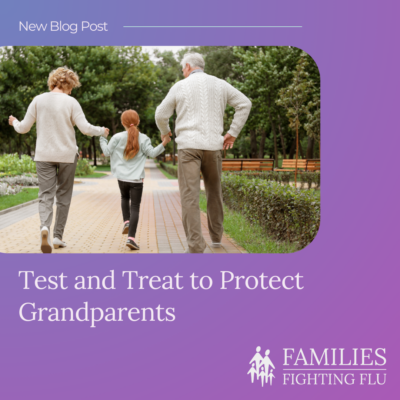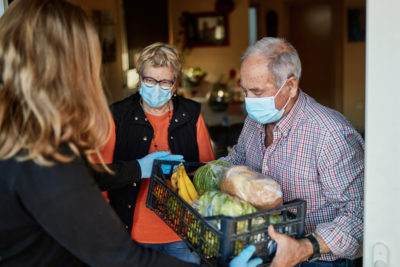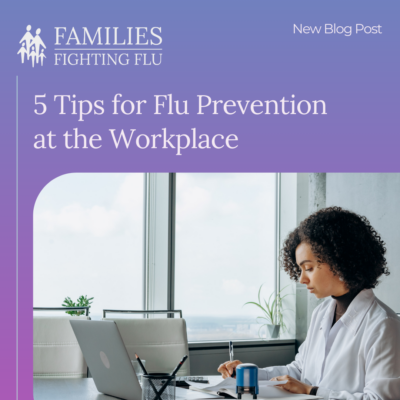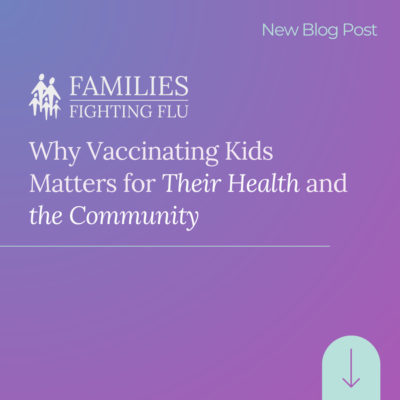
- Flu Prevention
What is Community Immunity?

Community immunity, sometimes called herd immunity, has been in the news lately in talks about COVID-19. There is confusion about the term and what it really means.
Community immunity is the concept that an infectious disease cannot spread when enough people in a community are immune to it. For flu, the safest way to acquire immunity is through vaccination. Sometimes getting sick with an illness can create immunity, but a prior illness doesn’t always mean that you won’t get sick again. For example, there are different types of flu viruses from season to season, and getting sick with one strain of the flu doesn’t prevent you from getting sick with other strains of flu. It’s safer to get vaccinated than to get sick because flu illness can lead to hospitalization and even death.
When enough people are vaccinated against seasonal flu viruses that are circulating in a community, the community’s collective protection makes it less likely that others will contract influenza. That means someone who is not vaccinated can benefit. For example, babies under six months old can’t get their own flu vaccines; they rely on the community to protect them from flu until they are old enough to get vaccinated themselves.
Why is community immunity important for flu?
It’s important to protect people in high-risk groups from getting sick with flu because they are more likely to suffer from flu illness, hospitalization, and death. We all know people in these high-risk groups: children under five-years-old, people over age 65, people with certain health conditions like people living with cancer, and pregnant women. Some people in these groups cannot get vaccinated against the flu. You don’t want to be responsible for getting someone else sick, so it’s important to remember that getting vaccinated helps protect everyone around you!
How can we improve community immunity?
Unfortunately, annual flu vaccination rates in the U.S. are generally not high enough to create community immunity (only about 50% of Americans get vaccinated every flu season). However, studies show that educating people about the benefits of community immunity can improve vaccination rates. People want to help other people, so simply explaining that getting vaccinated is beneficial to both yourself and those around you can improve intentions to vaccinate. Vaccination is a team sport that requires all members to participate so that everyone has the best chance of staying healthy.
Need help explaining to people why they should get vaccinated against flu? Read our blog post on how to spread the word about the importance of flu vaccination.
Sources:
https://www.cdc.gov/flu/fluvaxview/coverage-1920estimates.htm
https://www.cdc.gov/flu/highrisk/index.htm
https://pubmed.ncbi.nlm.nih.gov/22127841/
https://www.cdc.gov/flu/prevent/misconceptions.htm


